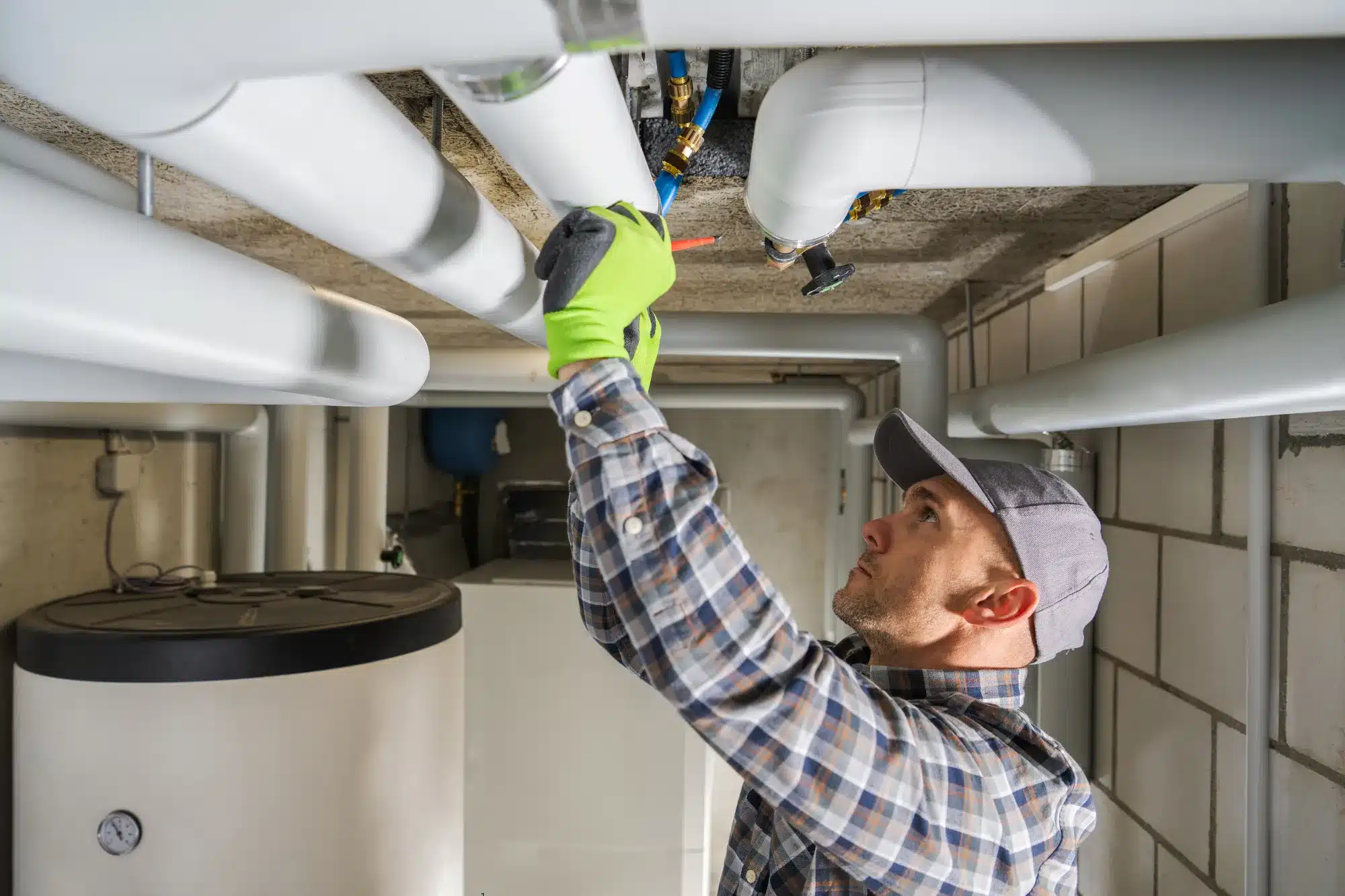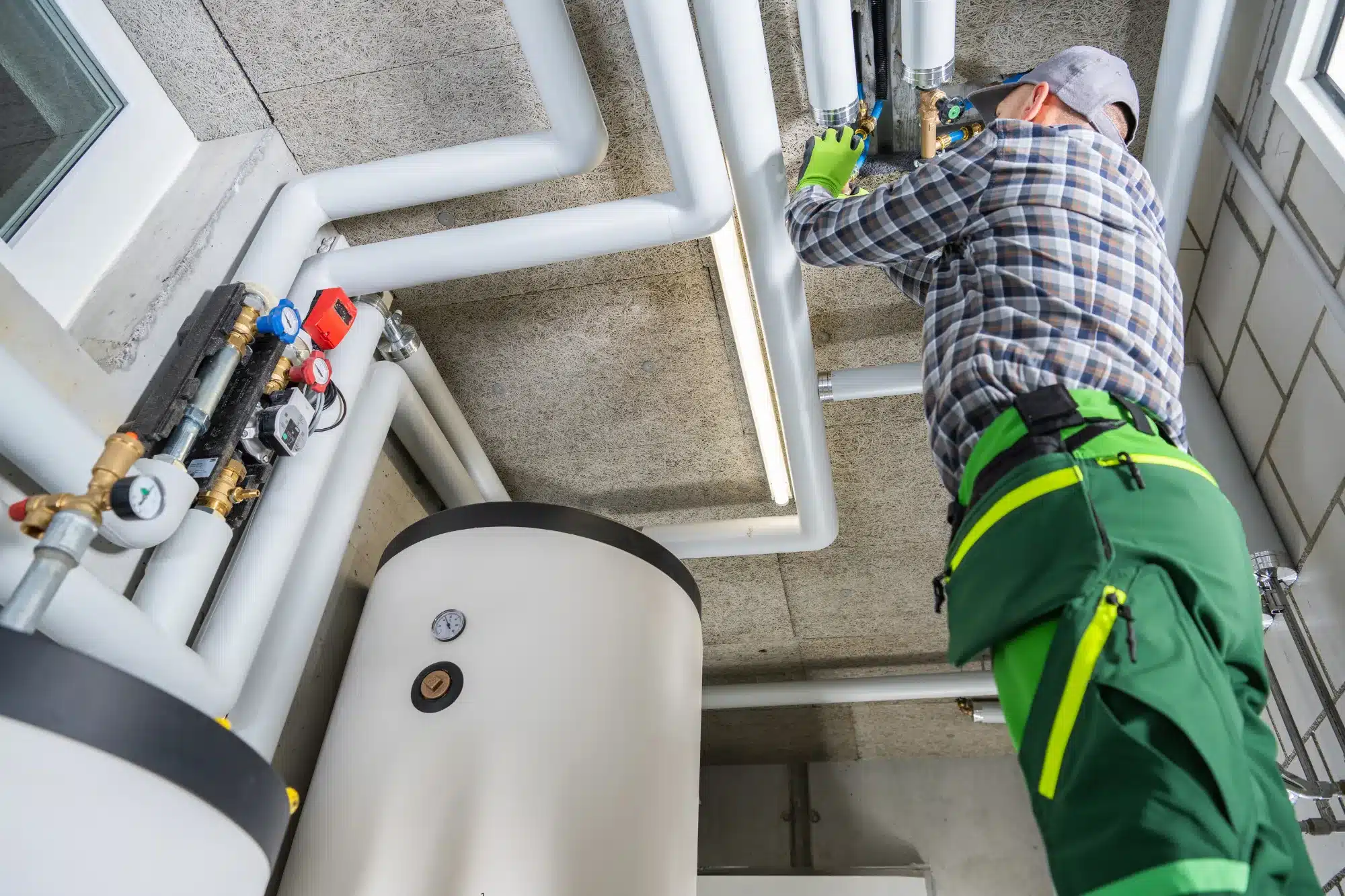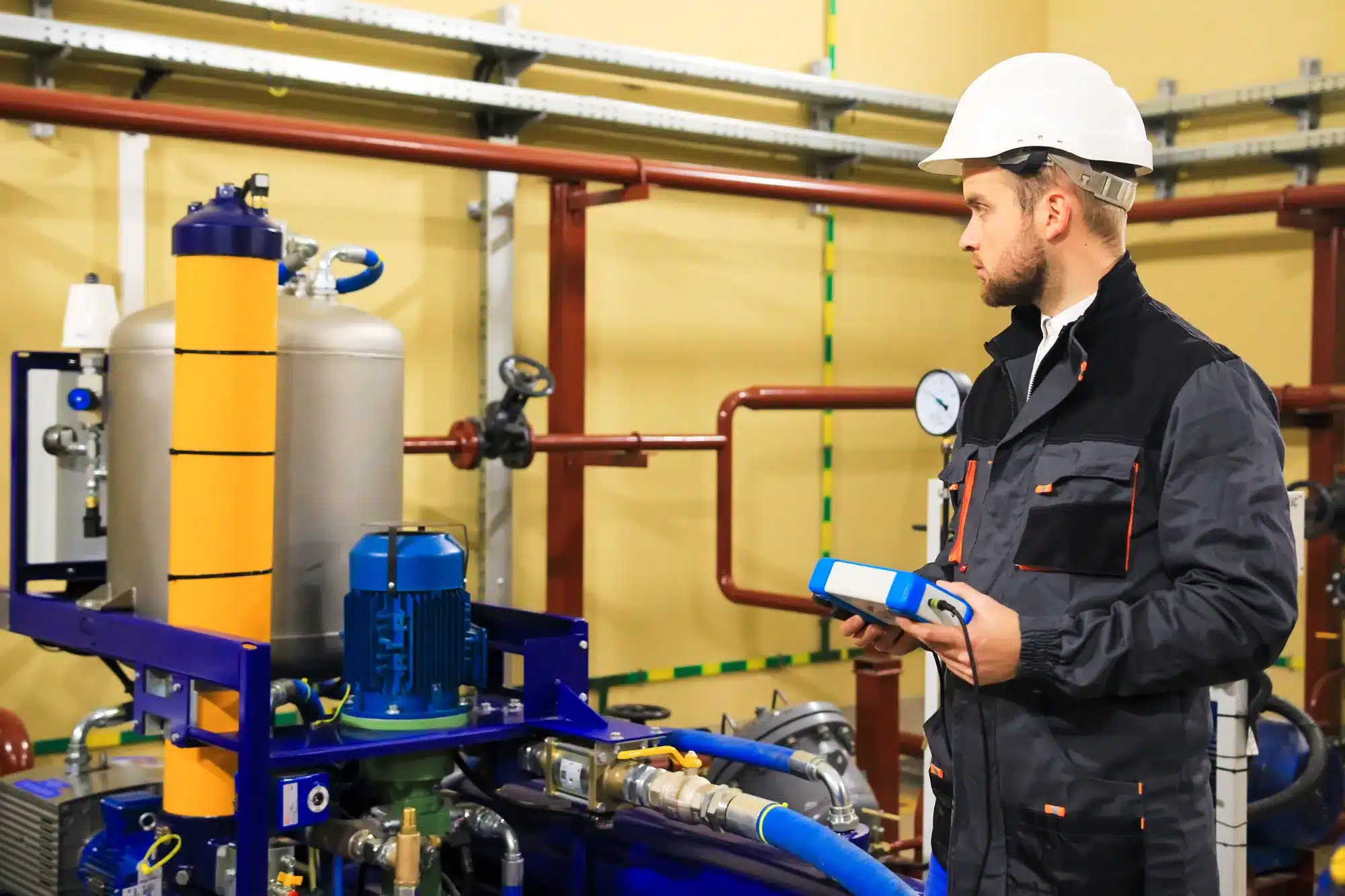
How to Minimize Disruptive Plumbing Issues in Businesses: Practical Prevention Tips
In commercial settings, plumbing issues can disrupt operations and lead to costly repairs and downtime. Business owners must understand common problems, preventive measures, and emergency responses to maintain reliable plumbing systems. This article outlines frequent issues, their impacts, and practical strategies to prevent and manage plumbing problems while supporting efficient operations.
What Are the Most Common Plumbing Issues Businesses Face?
Commercial plumbing systems face challenges such as leaks, drain clogs, water heater failures, backflow issues, and pipe corrosion. These problems increase repair costs, compromise employee safety, and decrease customer satisfaction.
Which Leaks Cause the Most Disruption in Commercial Buildings?
Leaks often occur around aging joints, poor installations, or faulty seals. Even small leaks can lead to significant water damage, mold, and increased utility costs. Undetected leaks can raise water consumption by up to 30%, affecting both operations and structures. Early leak detection using advanced monitoring systems is critical to minimize downtime and ensure regulatory compliance.
How Do Drain Clogs Impact Business Operations?
Drain clogs impede wastewater disposal and create hygiene issues. Clogs in grease traps, restroom drains, or debris-filled pipes can cause unpleasant odors and unsanitary conditions, deterring customers and reducing staff productivity. Delayed action on clogs may lead to extended shutdowns and expensive emergency repairs.
What Causes Water Heater Failures in Businesses?
Water heater failures are often due to sediment build-up, scaling, or aging components. In high-demand commercial environments, failures lead to inconsistent hot water supply and service interruptions. Poor maintenance and mineral accumulation from hard water decrease efficiency and may necessitate premature replacement, impacting budgets and operations.
How Does Backflow Affect Commercial Plumbing Systems?
Backflow, the unwanted reversal of liquid flow, can introduce contaminants into potable water. This poses significant health risks and breaches water quality regulations. Effective backflow prevention devices are essential in complex settings like restaurants, hotels, and healthcare facilities to protect public health.
Why Is Pipe Corrosion a Hidden Risk for Businesses?
Pipe corrosion is often unnoticed until leaks or bursts occur. Corrosion, accelerated by acidic water and inadequate treatment, weakens pipes over time. This hidden risk can suddenly cause failures, leading to costly emergency repairs and water damage. Regular inspections and corrosion inhibitors are key preventive strategies.
How Can Businesses Prevent Plumbing Leaks Effectively?

Preventing leaks is vital to avoiding damage and downtime. By addressing root causes and implementing regular inspections, businesses can safeguard their infrastructure. Advanced leak detection technologies and routine maintenance help reduce risks.
What Are the Main Causes of Commercial Plumbing Leaks?
Leaks often result from pipe aging, poor installation, pressure fluctuations, and thermal expansion. Exposure to temperature extremes and chemical imbalances can weaken pipes, while vibrations from heavy machinery or nearby construction further loosen connections. Recognizing these triggers supports better infrastructure planning and maintenance protocols.
Which Leak Detection Methods Are Most Reliable for Businesses?
Modern leak detection methods, such as acoustic sensors, thermal imaging, and smart water meters, offer prompt identification of even minor leaks. Integrated with centralized monitoring systems, these technologies enable rapid response, reducing water damage and maintaining operational safety.
What Practical Steps Reduce Leak Risks in Commercial Plumbing?
Key steps include regular system flushing to remove sediment, replacing outdated pipes, and ensuring proper installation. Insulating pipes, installing pressure regulators, and training personnel to recognize early leak signs, all supported by a routine inspection schedule, help prevent minor issues from escalating.
How to Prevent and Manage Drain Clogs in Commercial Settings?
Effective drain management is essential for cleanliness and uninterrupted operations. Proactive maintenance and proper cleaning techniques help avoid clogs that lead to unsanitary conditions and operational disruptions.
What Are the Common Causes of Drain Clogs in Businesses?
Clogs mainly result from accumulated fats, oils, grease, food debris, or foreign objects. In frequently used kitchens and restrooms, these materials build up over time. Additionally, tree roots and hard water mineral deposits can block drainage. Recognizing these sources focuses cleaning efforts on maintaining free-flowing systems.
Which Commercial Drain Cleaning Techniques Are Most Effective?
High-pressure water jetting, mechanical snaking, and enzymatic drain cleaners are effective. Water jetting uses intense streams to dislodge blockages, mechanical snaking breaks through debris, and enzymatic cleaners digest organic waste. Choosing the right method based on clog severity is key to long-term drain health.
How Can Regular Maintenance Prevent Drain Clogs?
Scheduled cleaning and periodic inspections help keep debris in check. A preventive maintenance plan for grease traps and drains minimizes emergency interventions and extends system life. Employee education on proper waste disposal further supports efficient drain management.
What Are the Benefits of a Commercial Plumbing Maintenance Program?

A robust maintenance program reduces operational disruptions, lowers repair costs, and extends the lifespan of plumbing systems. Regular upkeep not only preserves infrastructure but also helps avoid expensive emergencies.
How Does Preventative Maintenance Minimize Business Downtime?
Preventative maintenance identifies issues before they require emergency service calls. Routine inspections, timely repairs, and scheduled component replacements ensure continuous operation and reduce downtime, reinforcing cost-effectiveness.
What Does a Comprehensive Commercial Plumbing Inspection Include?
A complete inspection evaluates pipe integrity, checks for leaks and corrosion, assesses water heater performance, tests backflow prevention devices, and reviews drainage efficiency. Inspections of restrooms, kitchens, and mechanical areas yield detailed reports that guide effective maintenance strategies and future upgrades.
How Can Customized Maintenance Plans Address Different Business Types?
Customized plans consider unique demands, usage patterns, and system configurations. For example, restaurants may require frequent grease trap cleaning, while offices might focus on water heater upkeep and leak detection. Tailored maintenance ensures optimal performance and addresses industry-specific challenges.
How Do Plumbing Issues Differ Across Various Business Types?
Different commercial environments face distinct plumbing challenges based on usage patterns, building complexity, and regulatory standards. Understanding these differences is vital for developing targeted solutions.
What Plumbing Challenges Are Unique to Restaurants?
Restaurants contend with high grease buildup, constant water use, and extensive kitchen drainage needs. Frequent cooking produces fatty acids and oil residues that can quickly clog pipes. Strict hygiene standards necessitate regular cleaning of grease traps and drain lines to maintain system efficiency.
Which Plumbing Problems Commonly Affect Office Buildings?
Office buildings often suffer from aging infrastructure, water heater inefficiencies, and intermittent leaks in restrooms and common areas. Low water pressure and undetected leaks can disrupt daily operations. Proactive inspections and modern upgrades help maintain a safe, efficient workplace.
How Are Hotels Impacted by Water Heater Failures and Backflow?
Hotels require consistent hot water for guest comfort. Water heater failures and backflow incidents can lead to inconsistent temperatures and potential contamination, compromising guest safety. Routine maintenance and modern prevention technologies are critical in these settings.
What Plumbing Issues Are Frequent in Retail Stores?
Retail stores may experience drain clogs, minor leaks, and water pressure fluctuations that can damage displays and affect ambiance. Backflow failures risk water damage to inventory and electrical systems. Preventive measures like regular inspections and rapid response are essential for an optimal shopping environment.
When Should Businesses Call for Emergency Plumbing Services?

Timely emergency plumbing services prevent further damage and reduce downtime. Recognizing warning signs and acting quickly are crucial for avoiding extensive repairs.
What Are the Warning Signs of a Plumbing Emergency?
Signs include noticeable water hammer noises, sudden drops in water pressure, visible leaks or puddles, and unusual odors. Elevated water bills or damp patches can also indicate hidden leaks. Early recognition allows for swift professional intervention.
How Can Businesses Prepare for Plumbing Emergencies?
Preparation includes establishing a relationship with a reliable commercial plumber, setting up regular maintenance checks, and keeping emergency contacts accessible. An internal response plan detailing steps to control leaks and shut off water helps manage emergencies effectively.
What Are the Advantages of Priority Emergency Services?
Priority emergency services provide faster response times, dedicated technicians, and comprehensive repairs that minimize downtime. Contractual guarantees and rapid resolution of issues can save both time and money by preventing extensive damage.
How Can Businesses Implement Effective Plumbing Prevention Strategies?
Effective prevention strategies ensure smooth operations and reduce unexpected repair risks. Implementing maintenance checklists, regular inspections, and emerging technological solutions helps extend the lifespan of plumbing systems while controlling costs.
What Are the Key Components of a Plumbing Maintenance Checklist?
A solid checklist includes routine inspections for leaks, evaluation of water pressure regulators, cleaning drain lines and grease traps, and assessing water heater performance. It also involves checking pipe insulation, verifying backflow prevention, and documenting repairs, ensuring a proactive maintenance approach.
How Does Regular Inspection Extend Plumbing System Lifespan?
Regular inspections detect signs of wear, corrosion, and blockages early, allowing for timely repairs that minimize extensive damage. Advanced technologies like infrared imaging and acoustic sensors improve diagnostic accuracy, significantly extending system longevity.
What Emerging Technologies Support Plumbing Issue Prevention?
Emerging tools such as smart water monitoring systems, wireless leak detectors, and automated shut-off valves offer real-time surveillance of plumbing infrastructure. These technologies reduce manual inspections and enhance preventive maintenance, ensuring a more resilient system against unexpected failures.
Frequently Asked Questions
Q: What are the main risks if plumbing issues are left unaddressed? A: Unresolved plumbing issues lead to water damage, increased utility costs, unhealthy environments, and safety hazards that severely disrupt operations.
Q: How often should businesses schedule professional plumbing inspections? A: At least once a year, or more frequently in older buildings, to ensure early detection of issues.
Q: Can advanced leak detection systems really lower emergency repair costs? A: Yes, they identify problems early, reducing water damage and lowering repair costs.
Q: What immediate actions should be taken during a plumbing emergency? A: Shut off the main water supply, call a professional plumber, and follow any pre-planned emergency response steps.
Q: How do customized maintenance plans benefit different types of businesses? A: They address the specific needs and challenges of each environment, ensuring efficient operations and reducing overall repair costs.
Final Thoughts
Commercial plumbing issues affect every business, making proactive maintenance and accurate diagnostics essential. Regular inspections, advanced detection technology, and tailored maintenance programs help prevent costly disruptions and ensure efficient operations. By promptly addressing leaks, clogs, and water heater failures, businesses protect their infrastructure and bottom line. Business owners are encouraged to implement these strategies and work with expert service providers to maintain a resilient plumbing system.
